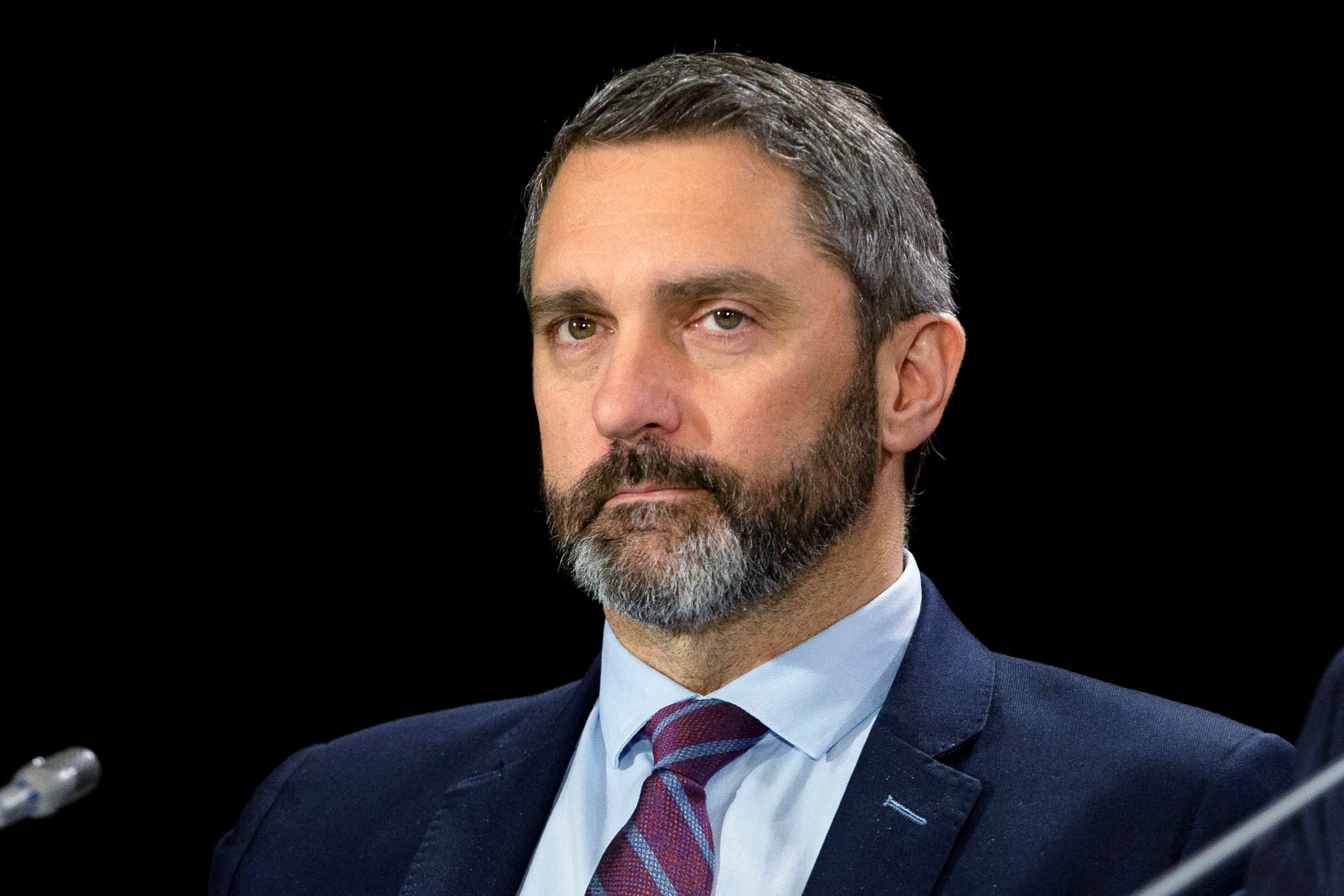With new COVID-19 cases, Yukon adds travel restrictions and urges more caution
Officials have not implemented stay-at-home orders as they investigate a new case of unknown origin.

Yukon announced a travel lockdown on Wednesday night, soon after confirming a COVID-19 case in a patient with no recent travel outside of the territory.
The move comes as another northern Canadian territory, Nunavut, just began a two-week lockdown in response to a spike of cases there.
Yukon now has three active cases of confirmed COVID-19, in addition to 22 recovered cases and one death.
On Thursday, officials clarifying the new rules at a press conference said there is no clear evidence yet whether the latest case is an indication of community spread.
Yukon has not yet announced further restrictions, such as stay-at-home orders for non-essential workers. Instead, officials recommended increasing safety precautions.
As of Friday, everyone entering the territory will be asked to self-isolate for two weeks. There will be some exceptions to those living in communities along the border of Yukon, as well as for critical workers.
Calling the moment “a turning point,” Premier Sandy Silver said Thursday that Yukon is ending its travel “bubble” with British Columbia, and reevaluating policies to limit travel at the border — which was a particular concern after a Quebec couple traveled to a remote community in Yukon earlier this year despite a ban on non-essential travel.
Officials are also strongly urging Yukoners not to travel outside of the territory, and to carefully weigh travel within Yukon.
Travel through Yukon between different regions of Alaska and between Alaska and the contiguous United States has been permitted under certain circumstances, although enforcement for not abiding by the rules became stricter at the end of July.
Earlier this month, Alaska governor Mike Dunleavy and Alaska’s congressional delegation asked Yukon to relax the rules for Alaskan residents wishing to travel south for the winter.
Thursday’s briefing didn’t address whether Alaskans would be barred from crossing the border under the new guidelines. But a representative for the Yukon government told ArcticToday that Alaskans are not exempt and must follow the same rules as all other Americans entering Canada.
Dr. Kami Kandola, chief public health officer of neighboring Northwest Territories, has also urged residents there to cancel non-essential travel, particularly around the holidays. NWT has had 15 confirmed cases of the virus, with five cases still active.
Hours after Yukon’s announcement on Wednesday about a new active case, officials confirmed two more cases. Notably, the most recent patient has not traveled recently, but visited shops and restaurants before falling ill.
Dr. Brendan Hanley, chief medical officer of health in Yukon, said it’s not clear yet if this patient’s case is proof of community transmission, because contact tracers are still investigating to determine how the individual became ill.
However, he said the territory needs to take the cases seriously and continue taking strong precautions.
“A second wave is definitely already affecting Yukon, and is literally on our doorstep,” Hanley said. “We knew this was coming, and we have been preparing for it. What we do from here, though, is definitely up to us.”
“These decisions are so difficult to make,” Hanley said, becoming visibly emotional. “We know there will be families and friends, students and visitors with broken hearts.”
Yukon is considering implementing a mask mandate, but is currently only recommending the use of masks. “But please don’t let a mask override the safe six” precautions, Hanley said. “Masks are an additional layer of safety, but they will never, in themselves, be the ticket to protection.”
Hanley said Yukon is not yet at the point of reissuing stay-at-home orders. “Really, this is about addressing risk and reducing importation risk of cases,” Hanley said.
Silver, too, became emotional when asked about the toll the pandemic has taken on health workers: “This is tough,” he said. But continuing to take precautions against the virus will help lighten that load, he said.
After all, he added, Yukoners are used to hunkering down in winter.
But Silver also stressed several times that businesses and restaurants would remain open.
“Now is not the time to panic,” Silver said. Notifications about businesses and locations COVID-positive individuals visited recently “doesn’t mean the businesses or other facilities have done anything wrong, or that there’s any danger in these locations.”
Instead, he said, Yukoners should continue taking precautions to avoid the virus.
“We want to see people visiting restaurants and businesses,” he said, particularly during the holiday season. “I want everybody shopping local, and I want to see people enjoying themselves safely.”
This story was updated with more information on how the restrictions apply to Alaskans crossing the border.